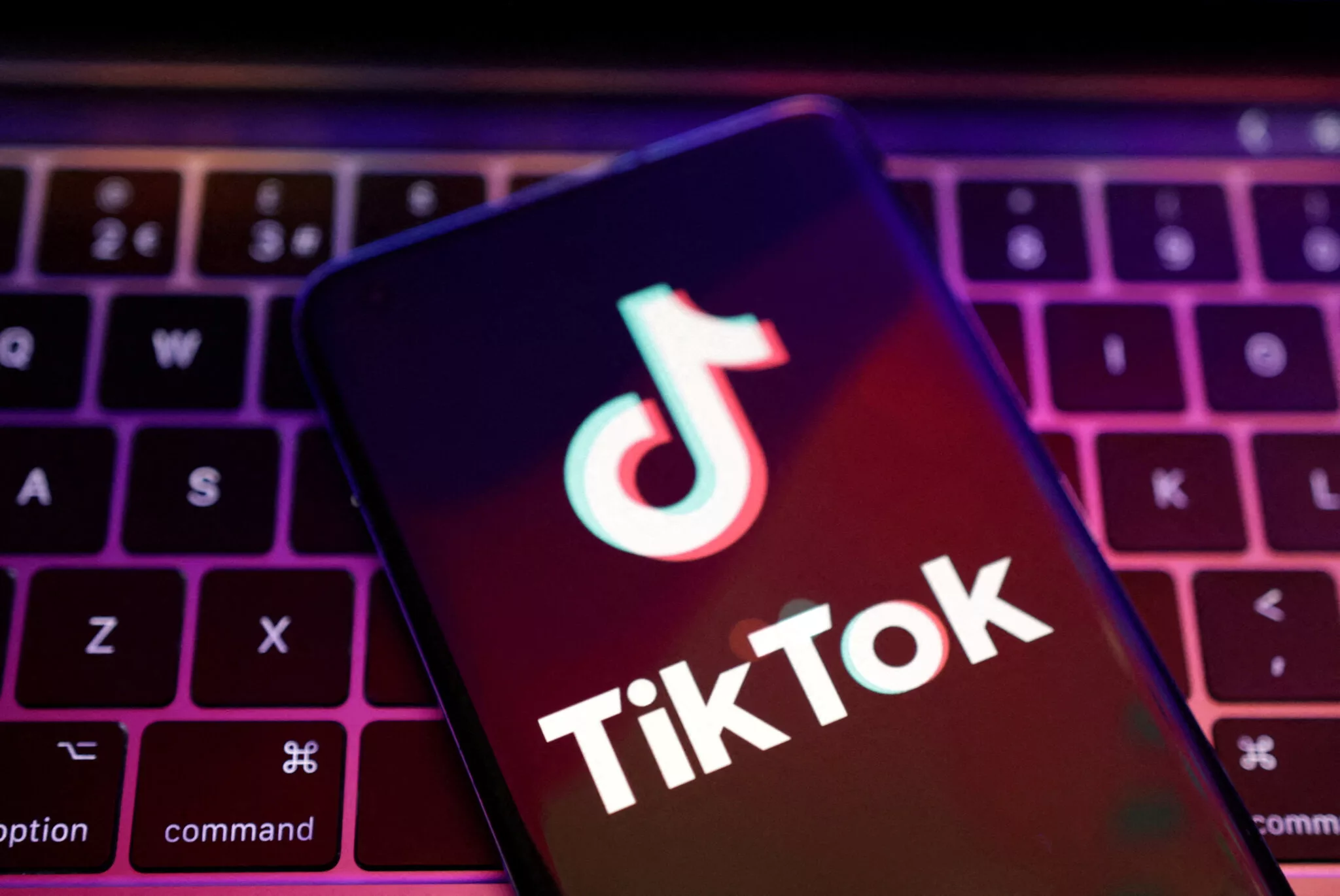The passage of a bill in the US House of Representatives on March 13 signals a critical moment for TikTok, as it faces potential nationwide prohibition unless its China-based parent company, ByteDance, divests its stakes in the platform within six months of the bill’s enactment. This legislation offers ByteDance a stark choice: to sell TikTok or to prepare for its banishment from US app stores and web-hosting services. This decision hinges on a determination by the President, via an inter-agency process, regarding the platform’s foreign control status.
The concerns fueling this legislative move stem from bipartisan apprehensions over the possibility of Chinese authorities compelling ByteDance to surrender data on US TikTok users, amid fears stemming from Chinese national security laws that mandate cooperation with intelligence activities. Despite TikTok’s assurances against such data sharing, no evidence has been provided to counter these concerns. Additionally, allegations persist about TikTok’s potential role in content censorship and election influence, further complicating its standing.
While the bill’s passage in the House marks a significant step, its fate in the Senate remains uncertain, with previous attempts at similar legislation encountering obstacles. Nevertheless, President Joe Biden has indicated his willingness to sign the bill into law, which would initiate a 180-day period for ByteDance to find a suitable buyer for TikTok.
Historical attempts to ban TikTok, including those by the Trump administration, have faced legal challenges and regulatory scrutiny, illustrating the complex interplay of national security concerns, corporate interests, and regulatory measures. These efforts reflect ongoing tensions between the US and China over technology and data security, as well as broader concerns about the influence of social media on public discourse and privacy.
TikTok’s response to the bill includes mobilizing influencers and notifying users to lobby against the legislation, highlighting the platform’s significant economic and social impact on small businesses, content creators, and users alike. The potential ban raises concerns about free speech and the livelihoods of those who depend on TikTok for business and creative expression.
Experts suggest that even in the event of a ban, users might find workarounds through virtual private networks (VPNs), although this introduces additional security considerations. This situation underscores the ongoing debate over digital privacy, security, and the balance between protecting national interests and preserving the open, participatory nature of the internet.










